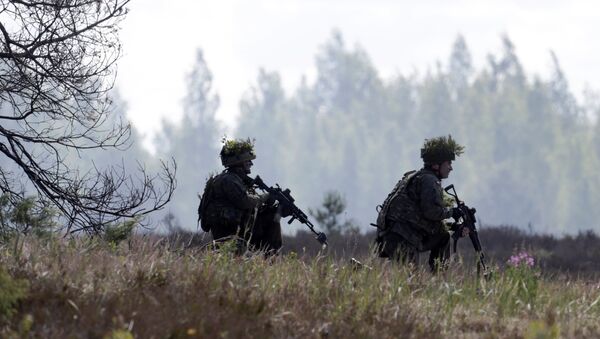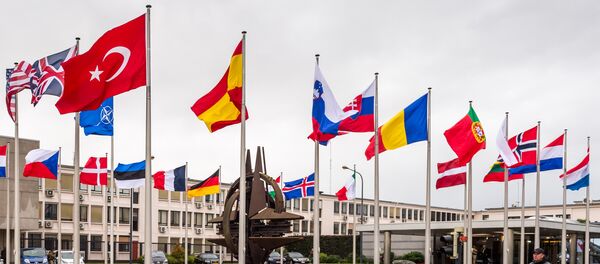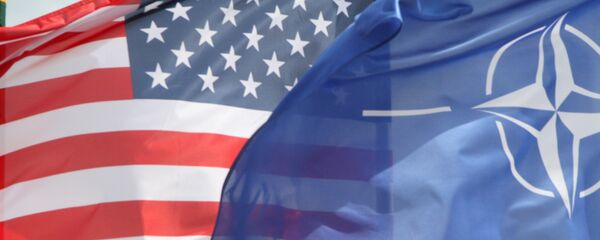Brussels does not exclude that under the new administration Washington will decide to withdraw at least a part of its troops from Europe, the magazine wrote.
After Trump's victory, NATO expects negative developments in this regard, the article said.
The magazine referred to a secret report of the office of NATO Secretary General Jens Stoltenberg which described possible scenarios of Trump's presidency in detail and, in particular, cited his promises to withdraw the American military contingent from the EU.
"Following Trump's victory, the fears of the alliance are enormous," the magazine wrote. "According to NATO strategists, the new president could reject the US promise to deploy US troops in Eastern Europe on rotational basis."
Earlier, Trump repeatedly stated that he wants the US' European allies to "pay their bills," namely meet NATO's prescriptions of spending 2% of GDP on defense. Otherwise, America might not fulfill them either and withdraw its forces from the continent.
"I want to keep NATO, but I want them to pay," Trump told a rally in Pennsylvania in July.
"The activities of NATO could be very different under a future President Trump, we could have a very different American foreign policy because he is a break with the past, he's criticized the neocons in the American administration, he's been very outspoken on this and consistent over many years," Robert Oulds, director of the London-based Bruges Group think tank, told Radio Sputnik.
At the same time, Christopher Arterton of George Washington University's Graduate School of Political Management believes that there will be no significant changes with regard to Washington's strategy within NATO.
"I don't think there will be significant changes in the immediate future, as far as Washington's ties with the EU and NATO are concerned," Arterton told Sputnik, adding that "Trump will not go so far as to dismantle NATO, pull out of the alliance or significantly weaken NATO."
Trump's statement caused panic in European countries, and in particular, Baltic States, which have been repeatedly calling for an increased NATO military presence in their territories citing alleged Russian aggression.
Russia, for its turn, has rejected the allegations, arguing that the build-up of NATO resources in Eastern Europe and Baltic states had led to an increase in tension across the continent. Moscow hopes that Trump will stand by his campaign promises on cooperating more closely with Moscow and improving relations between the two countries.



